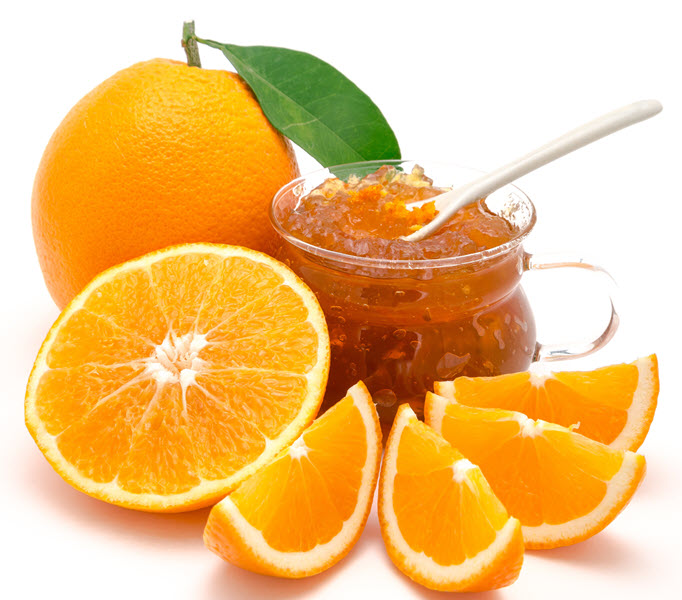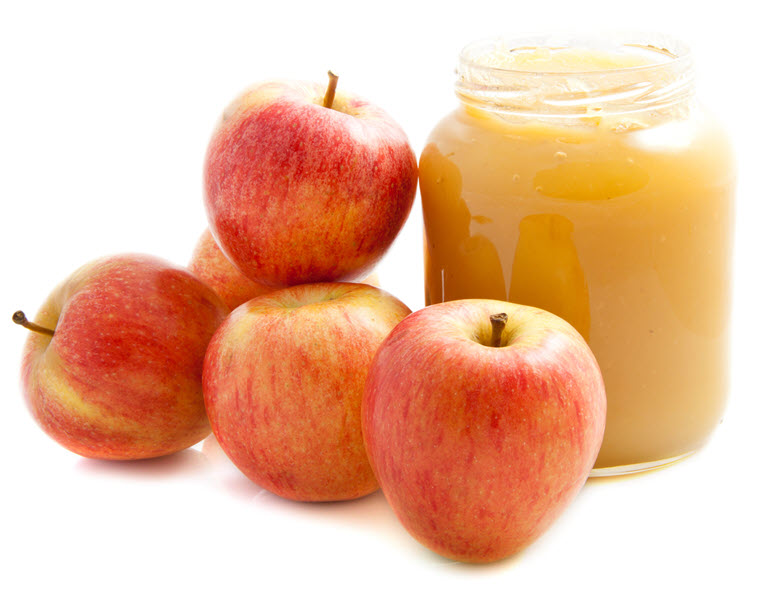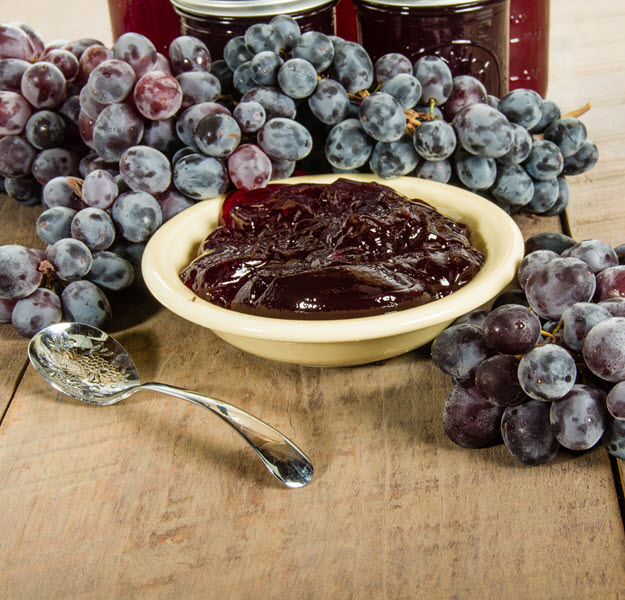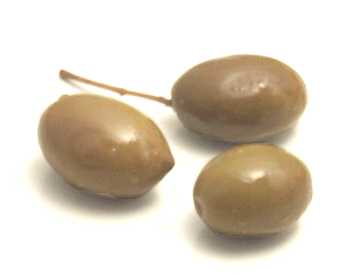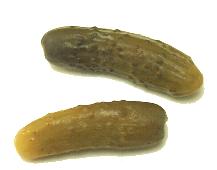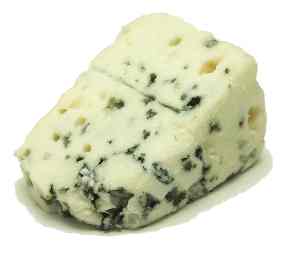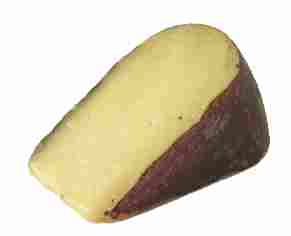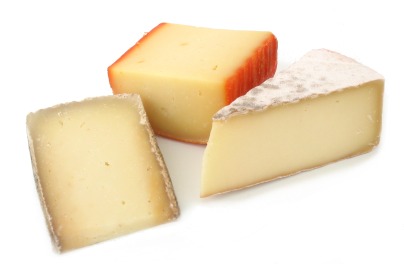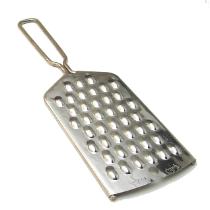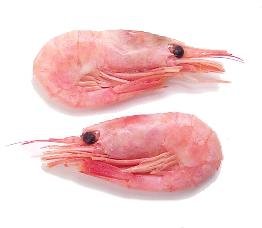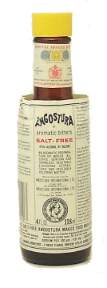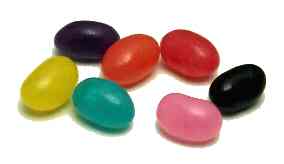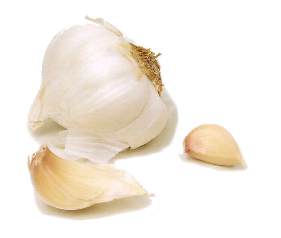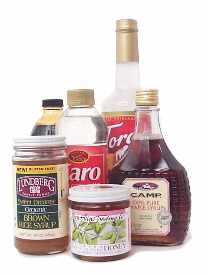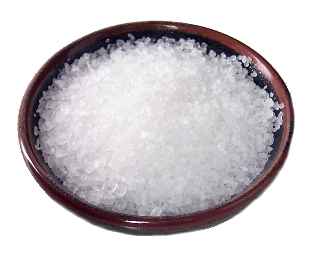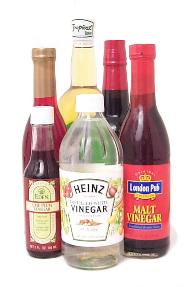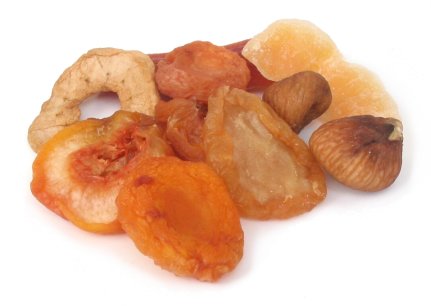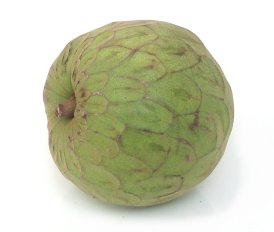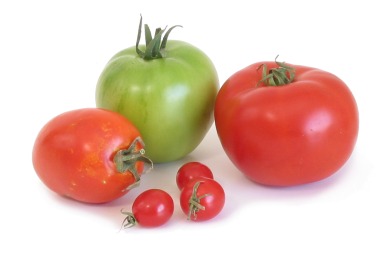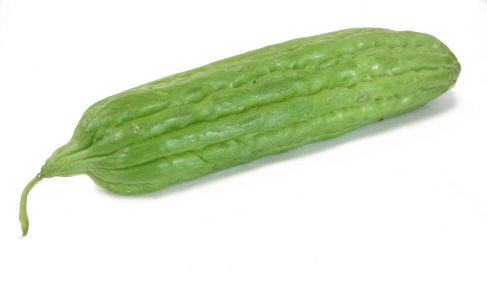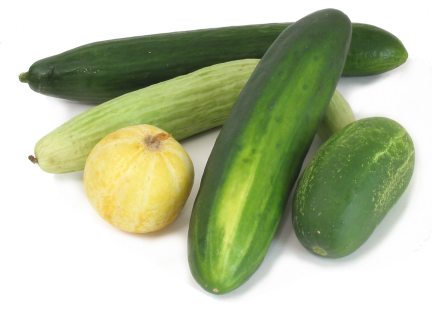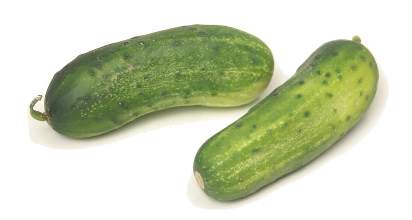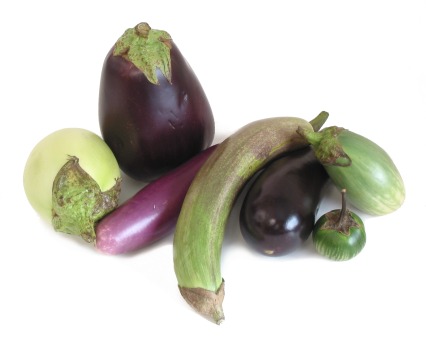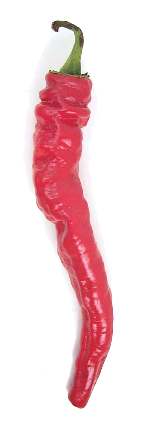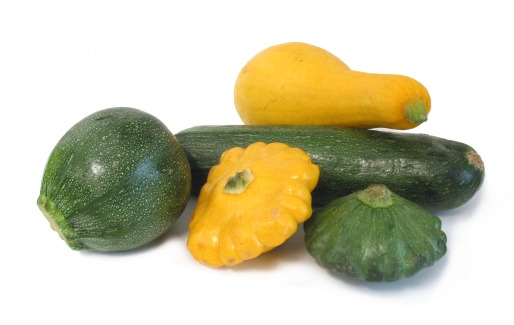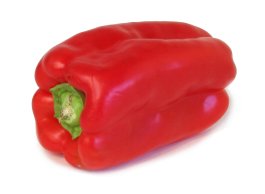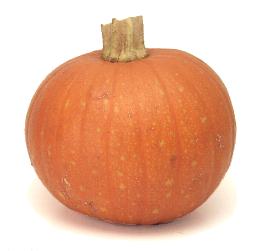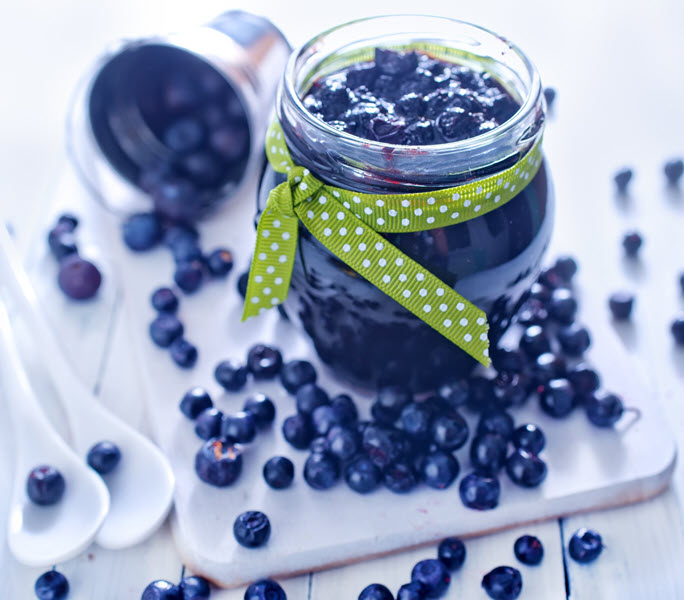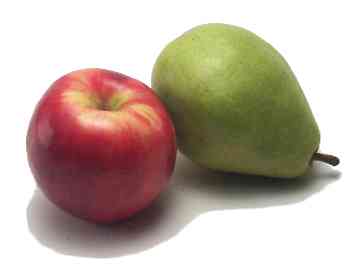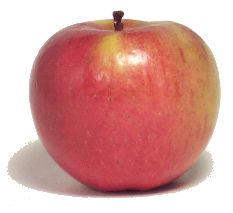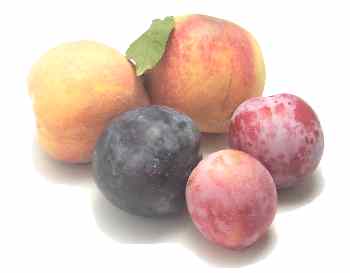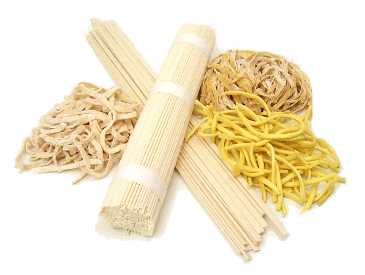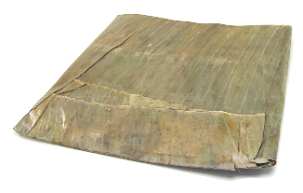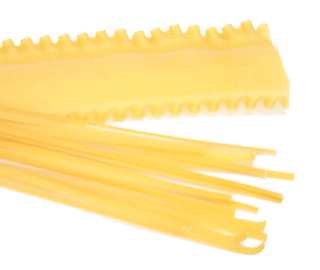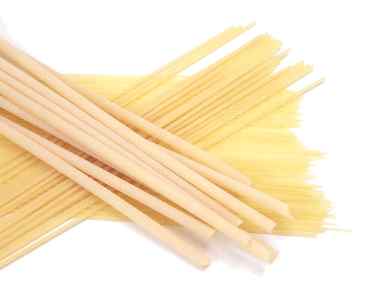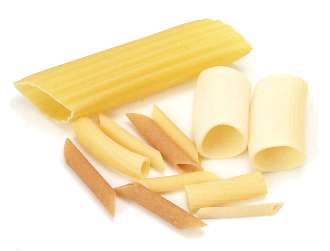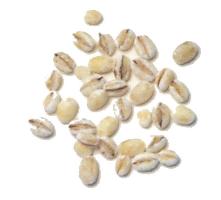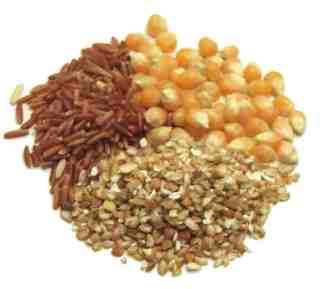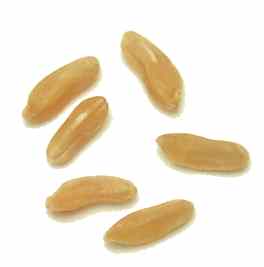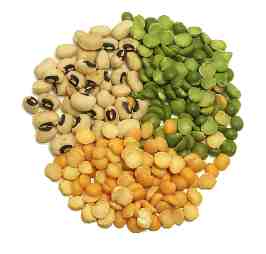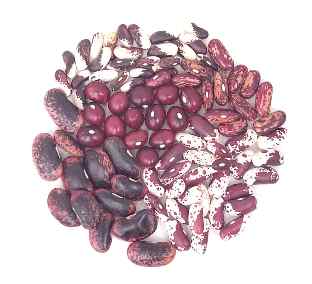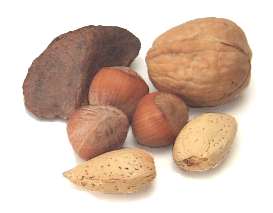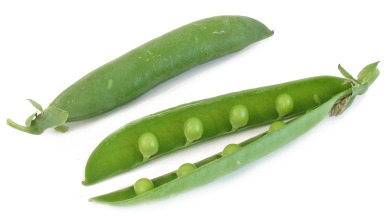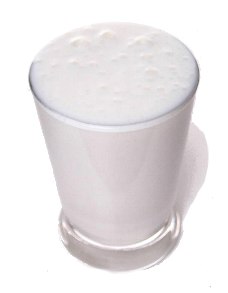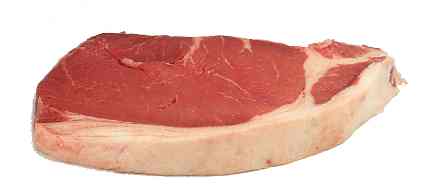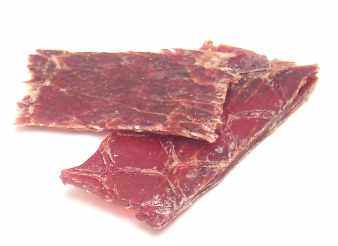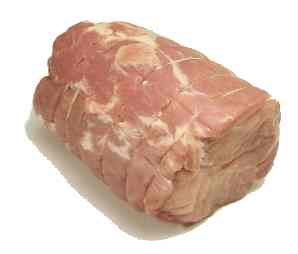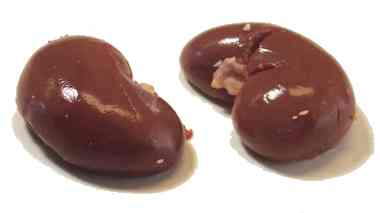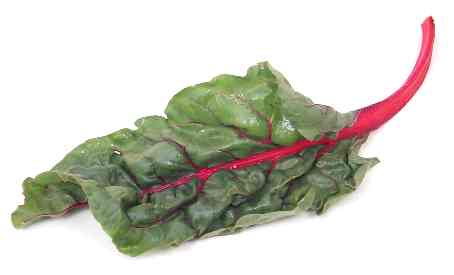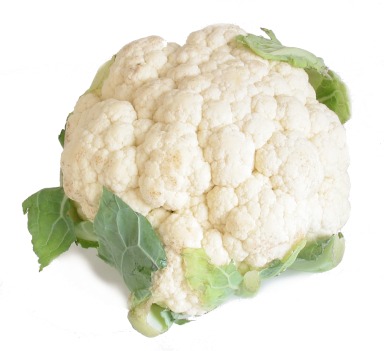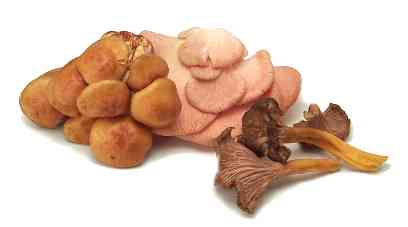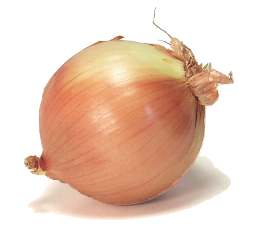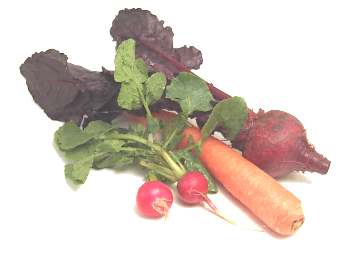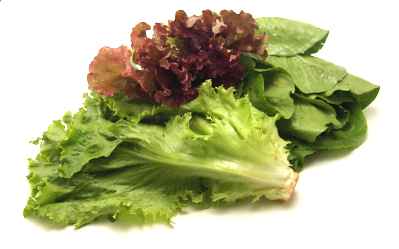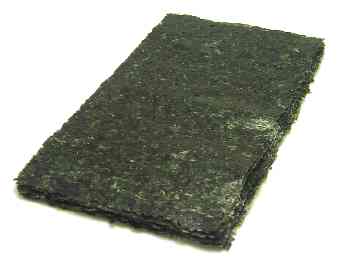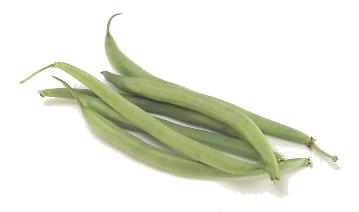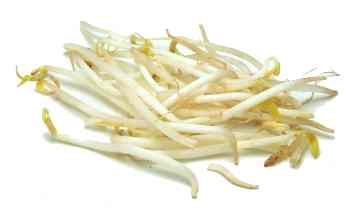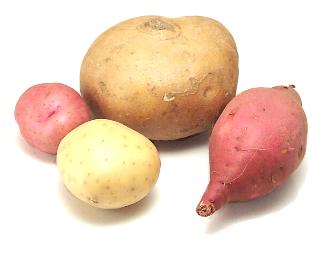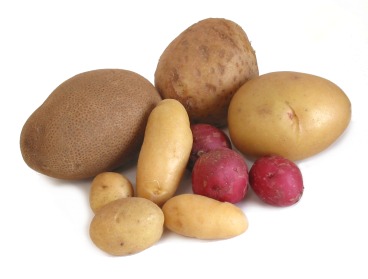All Ingredients
soft cheese
Cheeses in this category are often spread on bread or crackers to be served as snacks. They're usually not used for cooking. Most soft cheeses should be used within a few days of purchase--they spoil faster than firmer cheeses.
Learn moresoft tofu
This is the Chinese version of Japan's silken tofu. Like silken tofu, it's good for making shakes, dips, custards, puddings, and dressings. Look for plastic tubs with cakes of tofu in the refrigerated sections of supermarkets and health food stores. Don't freeze this kind of tofu.
Learn moresoft-ripened cheese
The rinds of these cheeses are exposed to mold, which moves into the pâte as they ripen. As they do, they become softer and maybe even slightly runny. It's important to eat soft-ripened cheeses when they're perfectly ripe--if under-ripe, they're pasty and bland, if overripe, they become runny and ammoniated. To fully appreciate their subtle and complex flavors, be sure to bring them to room temperature before serving them. These are great table cheeses, and they're often served with bread, crackers, or fruit. They're not usually cooked. Most are covered with a felt-like white mold which is edible, but not to everyone's taste. This category includes Brie, Camembert, Toma, Coulommiers, Chaource, and Brillat-Savarin.
Learn moresoft-shell clam
steamer Includes: Highly regarded Maine steamers and Long Island steamers, and less esteemed Maryland steamers.
Learn moresoftneck garlic
Softneck garlics do not have the main stem in the bulb and are the type commonly sold in stores. They are milder and last longer. Softneck garlics include purple stripe, green garlic, Italian garlic, California garlic and others.
Learn moresomen
These very thin Japanese wheat noodles are almost always served cold. There are different colors, including cha somen, which is colored with green tea, and tomago somen, which is flavored with egg yolks. Cook them for about 2 or 3 minutes.
Learn moresoncoya
Soncoya is a somewhat obscure tropical fruit in the Annona genus. It is similar to the soursop and ilama.
Learn moresope
Mexican cooks put various savory toppings on these corn patties. Look for them in Hispanic markets.
Learn moresorghum flour
This is widely used in India and Africa, especially by poor farmers who can't afford wheat flour. It's somewhat bland but very nutritious and gluten-free. You can sometimes find it in health foods stores, but you can get it for less in an Indian market.
Learn moresorghum molasses
This is made from sorghum cane juice, and Southerners sometimes use it instead of molasses to make things like barbecue sauce, baked beans, and gingerbread. Look for it in health food stores.
Learn moresorrel
This sour herb is quite popular in France. They like to cook it briefly and make a purée out of it, which they ladle over eggs, fish, meat, and other dishes. It can also be served raw in salads.
Learn moresoup pasta
As a rule, the thinner the soup, the smaller the pasta. For broths and light soups, select from a large assortment of tiny shapes. Larger shapes, like tubetti or ditali, are perfect for minestrone or other hearty soups.
Learn moresour cherry
While sweet cherries are best for eating out of hand, knowing cooks turn to sour cherries for pie fillings, sauces, soups, and jams. Popular varieties include the Montmorency, Morello, and Early Richmond. Sour cherries don't transport well, so they're difficult to find fresh. Canned sour cherries, though, are almost as good. If you want, boost their flavor a bit by adding one tablespoon of Kirschwasser per cup.
Learn moresour-mash whiskey
This resembles Bourbon, but the mash is soured during the fermenting process, giving the whiskey a distinctive flavor. It's produced in Tennessee by George Dickel and Jack Daniels. Whiskey should be served at room temperature.
Learn moresourdough bread
A San Francisco specialty, this is French bread made with a special starter of yeast and bacteria that imparts a pleasant, sour taste to the bread. It's especially good with seafood.
Learn moresoursop
This large, dark green fruit is covered with soft prickles. The pulp has a slightly acidic, tropical flavor. Don't eat the seeds or peel.
Learn moresoy cheese
Made from soy milk, soy cheese is a boon to those who eschew dairy products. There are many varieties, including those which mimic cheddar, Parmesan, mozzarella, jack, and Swiss. Most brands have a mild, ho-hum flavor and a dry texture. Except for the low-fat varieties, most of them melt fairly well.
Learn moresoy flour
To see how to substitute other flours for wheat flours when making yeast breads, see the listing under all-purpose flour.
Learn moresoy mayonnaise
This is made from soy milk, and it's a very convincing substitute for those who wish to avoid egg-based mayonnaise. Nayonaise is a well-respected brand.
Learn moresoy milk
Made from soybeans, soy milk is sweeter and darker than dairy milk, and it has a distinctive beanlike flavor. It comes refrigerated, or in aseptic containers (either full strength or concentrated), or in powdered form, with varying percentages of fat. A fortified version is available that supplies many of the nutrients normally found in cow's milk. Flavored versions are best for drinking, unflavored for cooking. Shake well before using.
Learn moresoy sauce
Soy sauce is made from soybeans that have been fermented and salted. It's used throughout Asian, with different regions producing quite different variations. Japanese soy sauce = shoyu is sweeter and less salty than Chinese soy sauce. Chinese soy sauce comes in light and dark versions. Lite soy sauce has 1/3 less sodium.
Learn moresoy yogurt
This is made from soy milk, and it's a good alternative for those who wish to avoid dairy products.
Learn moresoya flour
To see how to substitute other flours for wheat flours when making yeast breads, see the listing under all-purpose flour.
Learn moresoybean
This nutritional powerhouse is extremely versatile--it's used to make salad oil, tofu, soy sauce, meat analogs, soy milk and cheese, and many other ingredients. The actual beans need to be soaked a long time and are somewhat hard to digest, but they're extremely nutritious.
Learn moresoybean paper
These colorful sheets can be used to wrap sushi. Look for them in Asian markets.
Learn moresoybean sprouts
These sturdy, crunchy sprouts are good in salads or stir-fries. They become bitter when the tails get too long, so eat them soon after they sprout.
Learn moresoynut butter
This peanut butter substitute is made from roasted soynuts. It's got a bit less fat than peanut butter, and much less flavor.
Learn moresoynuts
These are roasted soybeans that you eat like peanuts. They're about the shape of corn kernels, and sometimes coated with flavorings. Baked soynuts are lower in fat than fried.
Learn morespaetzle
Germans serve these small dumplings as a side dish, often alongside roasted meats. Spaetzle is often topped with butter, bread crumbs, or a sauce, or tossed with cheese and onions. Look for boxes of dried spaetzle in large supermarkets or gourmet shops.
Learn morespaghetti
The most popular pasta variety, spaghetti (Italian for "little strings") works best with light tomato or cream sauces. Don't use it in pasta salads.
Learn morespaghetti sauce seasoning mix
See the RecipeSource.com posting Homemade Spaghetti Seasoning Mix
Learn morespaghetti squash
After it's cooked, you can dig a fork into the flesh of a spaghetti squash and pull out long yellow strands that resemble spaghetti. Though they taste like squash, the "noodles" can serve as a low-calorie substitute for pasta.
Learn more











